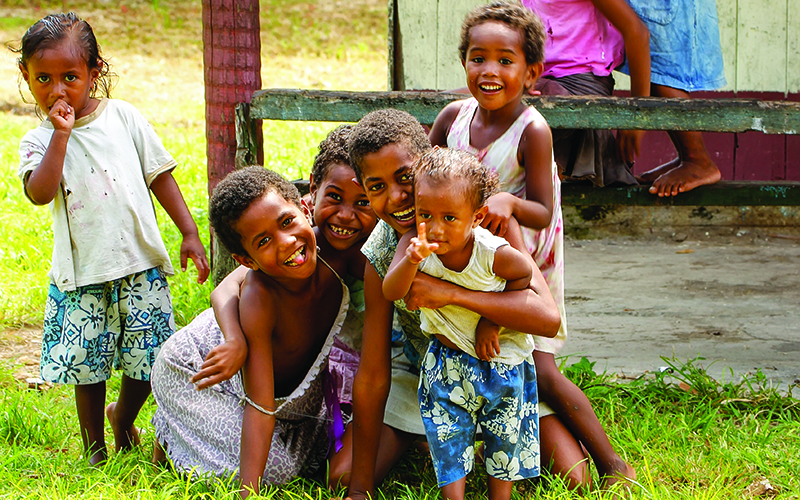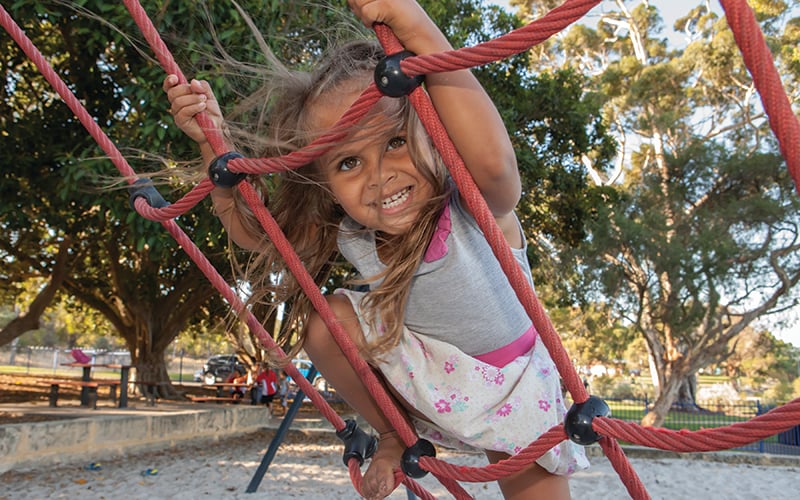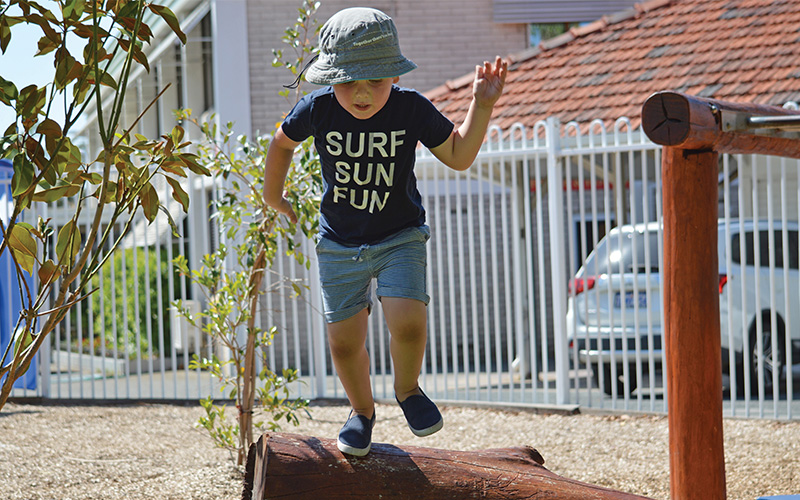Search
Research
The global, regional, and national burden of cancer, 1990–2023, with forecasts to 2050: a systematic analysis for the Global Burden of Disease Study 2023Cancer is a leading cause of death globally. Accurate cancer burden information is crucial for policy planning, but many countries do not have up-to-date cancer surveillance data. To inform global cancer-control efforts, we used the Global Burden of Diseases, Injuries, and Risk Factors Study (GBD) 2023 framework to generate and analyse estimates of cancer burden for 47 cancer types or groupings by age, sex, and 204 countries and territories from 1990 to 2023, cancer burden attributable to selected risk factors from 1990 to 2023, and forecasted cancer burden up to 2050.
Research
Preferences on the uptake and completion of single- or three-dose regimen of benzathine penicillin G injection for the treatment of late syphilis: a discrete-choice experimentNotifications of syphilis in Australia have increased since 2011, particularly among gay and bisexual men who have sex with men (GBMSM). Adherence to current late latent syphilis treatment regimen is low-moderate, which is a significant health issue. To address this treatment non-compliance, a single high-dose benzathine benzylpenicillin G regimen has been under clinical trial.
Research
PertussisPertussis, also known as whooping cough, is a highly contagious respiratory disease.
On this Research Impact page, we list stories helping demonstrate how we collaborate with other leaders, innovators, communities, and international stakeholders to ensure excellent research results. The better our results, the better the chances of research making a real difference.
Research
Intellectual DisabilityAbout 2 per cent of children are estimated to have an intellectual disability. The cause of the condition is unknown in at least 50 per cent of cases.
Research
NutritionThe science that interprets the way nutrients and other substances in food affect maintenance, growth, reproduction, health and disease.

Children in the tiny Pacific nation of Tuvalu face a unique threat that should be a wake-up call to other countries across the world.

In 2020, the National Closing the Gap partnership made improving early development of Aboriginal and Torres Strait Islander children one of its top priorities. Australia will measure progress in this area using the AEDC.

The Kids Research Institute Australia Government Relations Advisor Fiona Roche said the BEACHES project was a great example of how the Institute is increasingly working in partnership with Government
